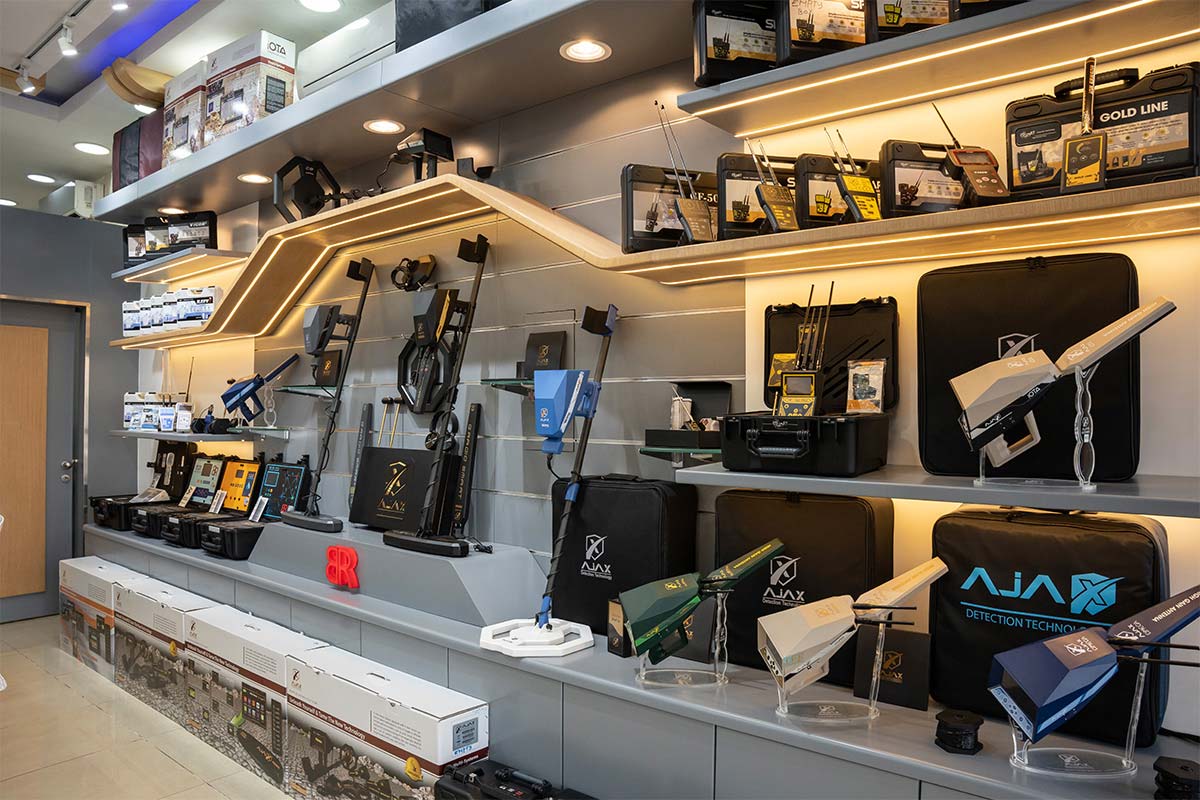The 5-Second Trick For كاشف المعادن
The 5-Second Trick For كاشف المعادن
Blog Article

Making the Most of a Gold Detector
Detecting gold with a metal detector has become a popular pastime for many people. But not everyone knows how to make the most of these devices. This article discusses a few tips and techniques that can help you use your gold detector more effectively.
The first thing to consider is the type of detector you have. Metal detectors are available in different styles and prices, and a good choice for beginners is to start with a basic model. However, as you get more experience, it is a good idea to upgrade to a more sophisticated device. This will give you more power and accuracy, and you’ll be able to locate targets with greater depth.
If you’re looking for gold, it’s best to choose a detector designed specifically for the task. These units have a higher operating frequency and are more sensitive to gold than standard metal detectors. They also have a larger search coil and a higher maximum detection depth. These features are especially important when searching for nuggets or small gold pieces.
Before you head out to hunt for gold, it’s important to learn about the techniques and technologies used by professional prospectors. In this way, you can gain a better understanding of the process and how it works. You can also find out which tools are essential for a successful gold hunt.
Once you’ve determined the type of detector that’s right for you, it’s time to take it out into the field and test it out! Begin by sweeping the area where you suspect there may be gold. Be sure to clear away any metal trash and to overlap your sweeps. Also, keep in mind that gold is not always found at the surface – most of the time, it’s buried at much deeper levels.
The best place to start when searching for gold is in areas where it’s been discovered before. This includes dryblowing heaps, old diggings, machine scraping, and other سعر كاشف الذهب sites with evidence of previous detecting work such as filled detector holes, chaining lines, and raked areas. You can also check for relics, mineralized earth, and quartz or ironstone outcrops.
Gold detectors can be quite expensive, so it’s important to choose a device that will suit your specific needs. While there are budget models out there, you’ll want to invest in a true prospector-grade metal detector if you’re serious about the hobby. These devices are typically more expensive but are more capable of detecting the higher-priced gold nuggets.
It’s also crucial to know which materials can block a metal detector’s sensors. For example, aluminum is a common material that can interfere with the sensor’s performance and mask the signal of gold. You can use a discrimination setting to filter out these unwanted signals, making it easier to spot the real deal. Additionally, you can update your gold detector’s software to enhance its ability to locate nuggets and other valuables. This can be done by visiting the manufacturer’s website and downloading the latest version of the firmware.